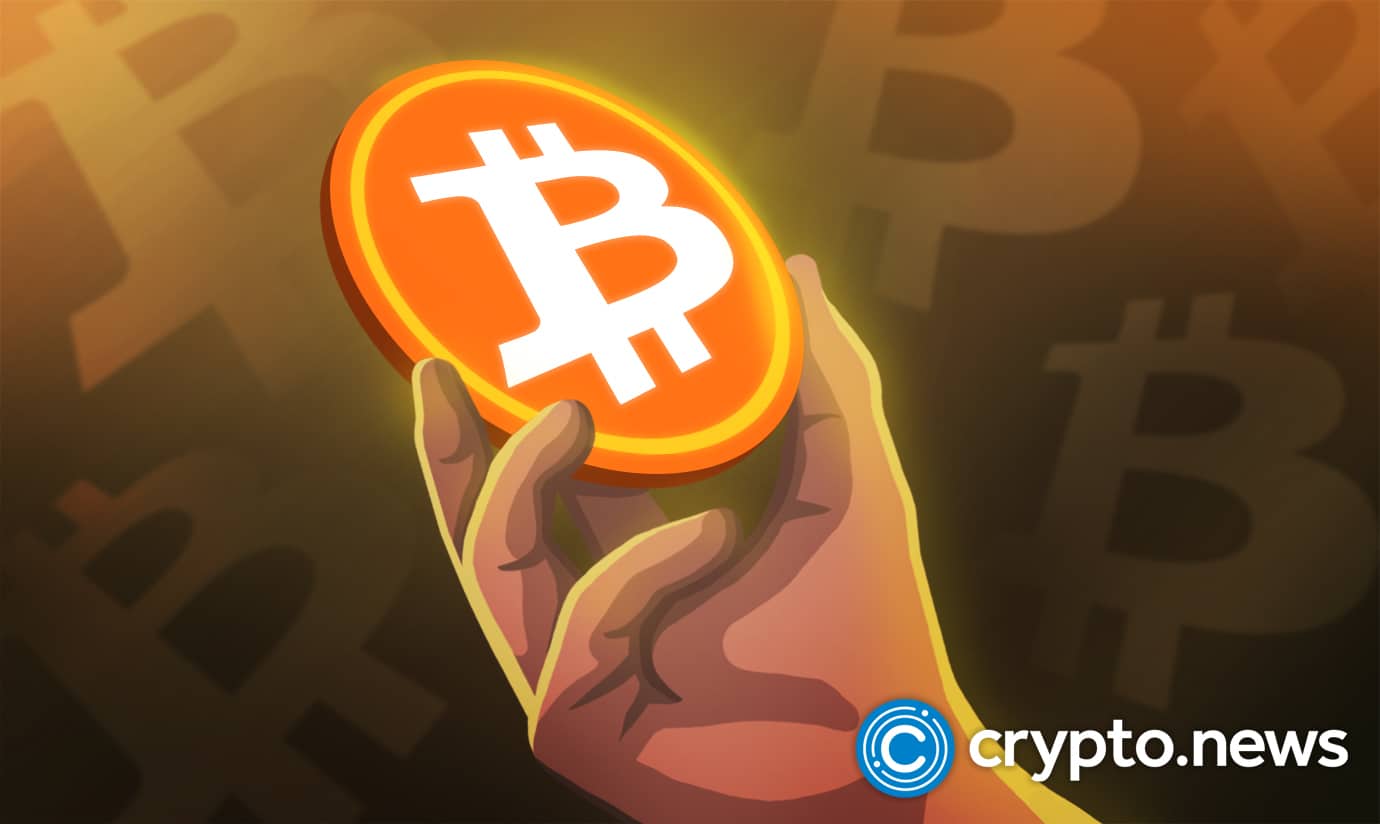Which Exchanges Ascertain the Safety of User’s Funds?

Crypto exchanges are platforms where digital assets are bought, sold, and traded for other cryptocurrencies or conventional fiat money. However, some exchanges are prone to theft and hacks, making it hard for crypto users to pick one that could significantly ascertain the safety of their funds.
What Makes Crypto Exchanges Secure?
Over the years, there have been several hacks and theft on crypto exchanges. Notably, Ronin Network became the victim of the second-largest hack in the cryptocurrency ecosystem. The hack netted perpetrators more than $600 million in cryptocurrencies. That’s why it’s a big concern for crypto users to ensure maximum security for their coins, especially when dealing with exchanges.
Crypto exchanges allow users to buy and sell any of the current cryptocurrencies. Some crypto enthusiasts consider crypto exchanges as trading platforms because you can create different order types and speculate in the crypto market. Crypto exchanges take an extra step to ban other cryptocurrencies if their prices plummet significantly, like what previously happened to Luna.
Users require an exchange that guarantees the safety of their funds. Especially those that go above and beyond to include features like:
Two-Factor Authentication (2FA)
A good security program can guarantee the safety of the user’s funds. Moreover, exchanges with incorporated user-level protection such as two-factor authentication (2FA) are pretty standard. 2FA usually takes the form of a code in an email or a text message to a phone device. Nevertheless, to ascertain the safety of users’ funds, users need to target exchanges that go the extra mile to keep cryptocurrencies safe.
Insurance
Look for an FDIC-insured exchange, which protects it from theft or bank failures. Insurance ensures that users get compensated in case funds get stolen from the exchange. For example, Binance launched the Secure Asset Fund for Users (SAFU) in 2018, which protects users’ crypto funds by storing 10% of the received trading fees.
Cold Storage
Crypto exchanges need to safeguard users’ funds by storing some cryptocurrency in “cold storage.” These funds get stored offline, unlike for “hot storage”, where funds get stored online and are physically accessible. Security-wise, here are some cryptocurrency exchanges that can safeguard users’ funds.
4 Safest Crypto Exchanges
Kraken
The crypto exchange platform got launched in 2011 and is one of the most widely-available platforms globally, except for countries like North Korea, Iran and Cuba.
Kraken is among the most recognized exchanges which stores the vast majority of user deposits offline – in a cold wallet. Kraken not only physically ensures security with surveillance by armed guards but also strictly controls employee access.
The platform uses two-factor authentication and email confirmations for withdrawals to ensure robust protection against cyberattacks.In addition, the platform launched Kraken Security Labs, equipped with experts on a mission to improve the platform’s cybersecurity profile.
Gemini
Since its launch in 2014, Gemini has been recognized as a security-focused crypto exchange platform with creative mechanisms to secure users’ funds.
Gemini utilizes cold wallets, which makes it vulnerable to hacking and breaches. The platform also has geographically distributed offices at secure data centers with strict access restrictions.
Also backed by insurance, Gemini’s users are safe in the event of a breach since their funds can get compensated easily.
Although New York State Department of Financial Services regulations collect users’ information, Gemini could still safeguard their funds.
Crypto.com
Crypto.com has grown over the years, amassing millions of new users, but what about its security features? The Singapore-based firm stores all of its cryptos offline which significantly secures users’ funds. The company’s hardware storage is insured by $750 million against theft and physical damage.
The firm also utilizes multi-factor authentication and withdrawal protection to shield users’ funds from theft. Nevertheless, Crypto.com includes other options for authentication like biometrics and email verification.
In January 2022, the firm proved its dedication to protecting users’ funds after it suffered a beach with hackers stealing over $30 million of crypto. The company managed to halt unauthorized withdrawals and fully reimburse affected customers in the end. The company later introduced additional safety features.
Coinbase
Coinbase is one of the largest crypto exchanges by trading volume, and many experienced traders use it as their preferred choice. Like Gemini, the firm ensures its crypto against cybersecurity breaches and theft; however, the insurance does not cover any losses from user terror.
Coinbase also makes good use of a cold wallet by storing crypto offline. Furthermore, around 98% of its deposits get stored in guarded facilities.
By leveraging multi-factor authentication, the firm has another layer of security which helps prevent breaches and phishing attacks. On the other hand, Coinbase requires users to verify their identity to be able to trade on it.
Conclusion
The exchanges mentioned above are all relative platforms that can ascertain the security of users’ funds. You need to follow basic security protocols which will ensure maximum protection; nonetheless, none of them is entirely perfect.
The crypto ecosystem is still experiencing new things daily, and fraud and security breaches get more prevalent than one would like them to be. As the realm keeps growing, the crypto community should know that it attracts all kinds of criminals. To keep your funds safe, apart from using the above exchanges, users could secure their funds and assets by withdrawing them to their own wallets.
















